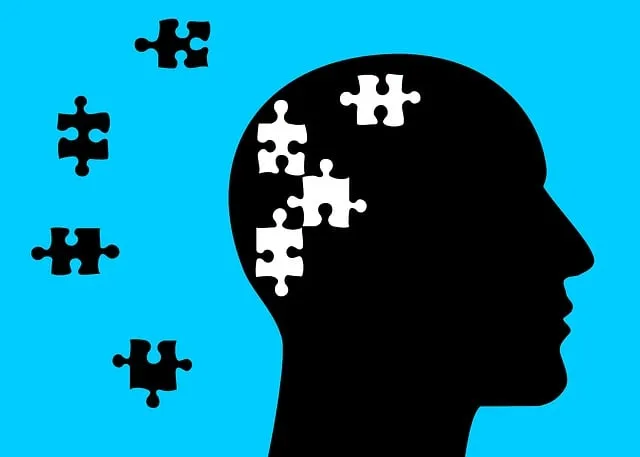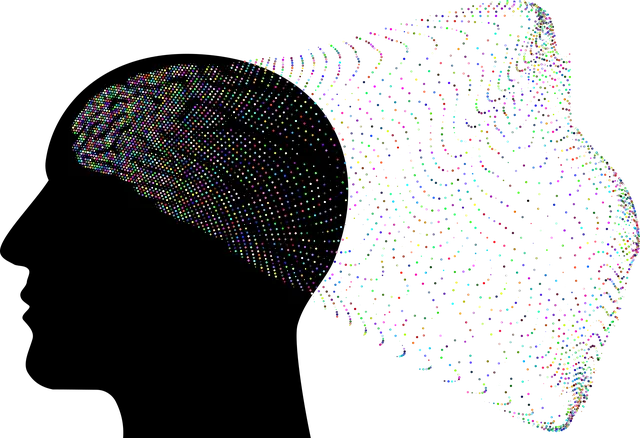Kaiser Permanente's RFM program prioritizes holistic patient care through innovative mindfulness and positive thinking exercises. Tailored resilience-building activities enhance emotional regulation, stress management, and burnout prevention, integrated into staff and patient cultures via regular sessions. Success is measured using diverse qualitative and quantitative data from pre-, during-, and post-assessments, ensuring tailored programs for community mental wellness improvement at the Superior Kaiser Permanente facility.
“Discover how resilience, a cornerstone of well-being, is being fostered at the Kaiser Permanente Mental Health Facility through the innovative implementation of RFM (Resilience, Flexibility, and Mastery) exercises. This article explores the transformative power of RFM in creating a superior support system for mental health patients.
We’ll guide you through an in-depth look at the process, from understanding RFM’s role in building resilience at Kaiser Permanente to implementing practical exercises and measuring the facility’s remarkable success stories.”
- Understanding RFM and Its Role in Resilience Building at Kaiser Permanente Mental Health Facility
- Implementing Resilience Exercises: A Step-by-Step Guide for Superior Results
- Measuring Success: Evaluating the Impact of RFM Initiatives at the Facility
Understanding RFM and Its Role in Resilience Building at Kaiser Permanente Mental Health Facility

At Kaiser Permanente Mental Health Facility, Resilience, Flexibility, and Maturity (RFM) serves as a cornerstone for holistic patient care, emphasizing an individual’s capacity to adapt and flourish in the face of adversity. This concept is intricately woven into the fabric of mental health services provided at the facility, aiming to empower patients with effective coping mechanisms. By integrating RFM principles, Kaiser Permanente offers a unique approach to mental health treatment, moving beyond traditional therapy methods.
The Mental Health Education Programs Design at Kaiser Permanente goes beyond mere talk therapy, incorporating practices like Mindfulness Meditation and fostering Positive Thinking. These exercises are meticulously crafted to build resilience by teaching patients to navigate life’s challenges with grace and fortitude. Through tailored programs, individuals learn to cultivate mental agility, enabling them to respond to stress and adversity in healthier, more adaptive ways. This proactive approach not only enhances overall well-being but also equips patients with valuable tools to maintain long-term mental health and resilience.
Implementing Resilience Exercises: A Step-by-Step Guide for Superior Results

Implementing Resilience Exercises: A Step-by-Step Guide for Superior Results at Kaiser Permanente mental health facilities involves a strategic approach that goes beyond mere theory. It begins with identifying specific areas within the facility where resilience can be strengthened, whether it’s among staff, patients, or both. This involves conducting comprehensive risk assessments and integrating feedback from mental health professionals to tailor exercises accordingly. Next, create a diverse portfolio of activities focusing on key aspects of emotional regulation, stress management, and burnout prevention. Incorporate techniques like mindfulness meditation, cognitive reframing, and physical exercise to cater to different learning styles and preferences.
For optimal impact, schedule these resilience-building sessions regularly, ensuring they become an integral part of the facility’s culture. Foster a supportive environment where participation is encouraged without judgment. Encourage peer-to-peer learning and collaboration, as sharing experiences can enhance emotional intelligence and strengthen bonds within the community. Regularly review and update exercises based on risk management planning for mental health professionals, emerging research, and participant feedback to ensure superior results that contribute to a healthier, more resilient Kaiser Permanente mental health facility.
Measuring Success: Evaluating the Impact of RFM Initiatives at the Facility

Measuring Success is a critical component of any initiative, especially when focusing on resilience and mental wellness at a Kaiser Permanente mental health facility. By evaluating the impact of RFM (Resilience and Fitness Management) exercises, the Superior organization can gauge its effectiveness in promoting Stress Management among patients and staff. This involves collecting qualitative and quantitative data to understand changes in overall Mental Wellness and satisfaction levels.
Regular assessments before, during, and after RFM implementation allow for a comprehensive analysis. Surveys, feedback forms, and interview sessions with participants provide insights into their experiences and perceived benefits. Additionally, tracking attendance rates and engagement in these programs offers a practical measure of success. Through this combined approach, the Kaiser Permanente mental health facility can ensure that its Stress Management Workshops are organized and tailored to meet the unique needs of its community, fostering a culture of resilience and improved Mental Wellness.
The implementation of Resilient Factors Matrix (RFM) and resilience-building exercises at the Kaiser Permanente Mental Health Facility has proven to be a transformative initiative. By following a structured step-by-step guide, the facility has successfully enhanced its ability to support individuals in developing mental fortitude. The measured success of these RFM initiatives highlights their potential to significantly improve patient outcomes, making them a valuable tool for any mental health organization striving for superior care.






